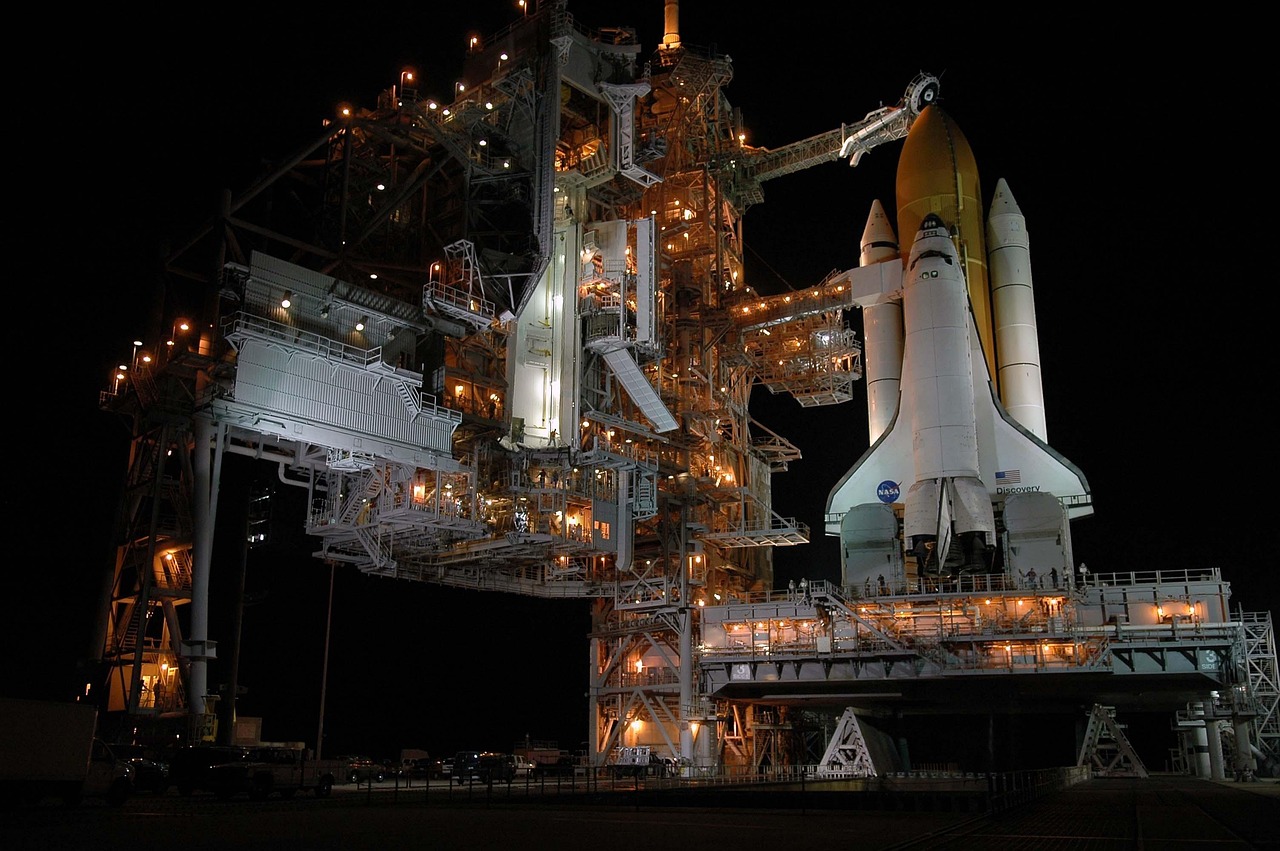
In today’s rapidly evolving technological landscape, intelligent automation is increasingly becoming a cornerstone of enterprise operations across the globe. By layering intelligent automation onto core workflows, businesses are not only optimizing their processes but also unlocking unprecedented efficiencies and innovation potential. This article explores the transformative impact of intelligent automation on core workflows, delivering insights into its global implications and technical underpinnings.
Intelligent automation refers to the integration of artificial intelligence (AI) and machine learning (ML) technologies with automation systems to enhance decision-making, reduce operational costs, and improve service delivery. As organizations strive to remain competitive, the deployment of intelligent automation across core workflows is becoming essential.
The Evolution of Automation in Business
Automation has long been a part of business operations, tracing back to the industrial revolution with the mechanization of manufacturing processes. In recent decades, digital transformation has ushered in robotic process automation (RPA), which automates repetitive, rule-based tasks. However, RPA alone is limited in handling complex, decision-based processes.
The advent of intelligent automation represents a paradigm shift. By leveraging AI, ML, and natural language processing (NLP), intelligent automation can understand context, learn from data, and make informed decisions, thus expanding the scope of automation beyond simple tasks to encompass entire business processes.
Global Adoption and Impact
Organizations worldwide are increasingly adopting intelligent automation to enhance their workflows. A 2023 report by Gartner indicates that global spending on AI-driven automation technologies is expected to reach $15 billion by 2025. Major industries such as finance, healthcare, and manufacturing are leading the charge, each leveraging intelligent automation to address industry-specific challenges.
For instance, in the financial sector, intelligent automation streamlines compliance processes, reduces fraud, and enhances customer service through chatbots and personalized recommendations. In healthcare, it aids in patient data management, predictive diagnostics, and personalized medicine. Meanwhile, manufacturing benefits from predictive maintenance, quality control, and supply chain optimization.
Technical Aspects and Integration
Integrating intelligent automation into core workflows requires a well-thought-out strategy that aligns with organizational goals. Key technical considerations include:
- Data Integration: Effective automation relies on seamless data flow across systems. Organizations need robust data integration frameworks to ensure accurate and timely data availability.
- Scalability: As business needs evolve, the automation infrastructure must scale accordingly. Cloud computing and modular architectures facilitate this scalability.
- Security and Compliance: Protecting sensitive data and adhering to regulatory standards are paramount. Implementing security protocols and compliance checks is essential.
- Interoperability: Intelligent automation systems should interoperate with existing IT infrastructure and legacy systems to maximize utility and minimize disruptions.
Challenges and Considerations
While the benefits of intelligent automation are undeniable, organizations must navigate several challenges to ensure successful implementation:
- Change Management: Transitioning to intelligent automation requires cultural and operational changes. Training and change management programs are crucial to gain employee buy-in and mitigate resistance.
- Skill Gaps: There is a growing demand for professionals skilled in AI, ML, and data analytics. Organizations must invest in upskilling their workforce to bridge this gap.
- Ethical Considerations: As automation systems make more decisions, ethical considerations around AI bias and transparency become critical.
The Future of Intelligent Automation
Looking ahead, the integration of intelligent automation into core workflows is poised to accelerate, driven by continuous advancements in AI and ML technologies. The convergence of IoT, edge computing, and AI is expected to further enhance automation capabilities, enabling real-time decision-making and increased operational agility.
In conclusion, intelligent automation layered on core workflows represents a transformative force in modern enterprises, driving efficiency, innovation, and competitiveness. As organizations navigate the complexities of this integration, those that successfully harness the power of intelligent automation will lead the charge in the digital economy.














